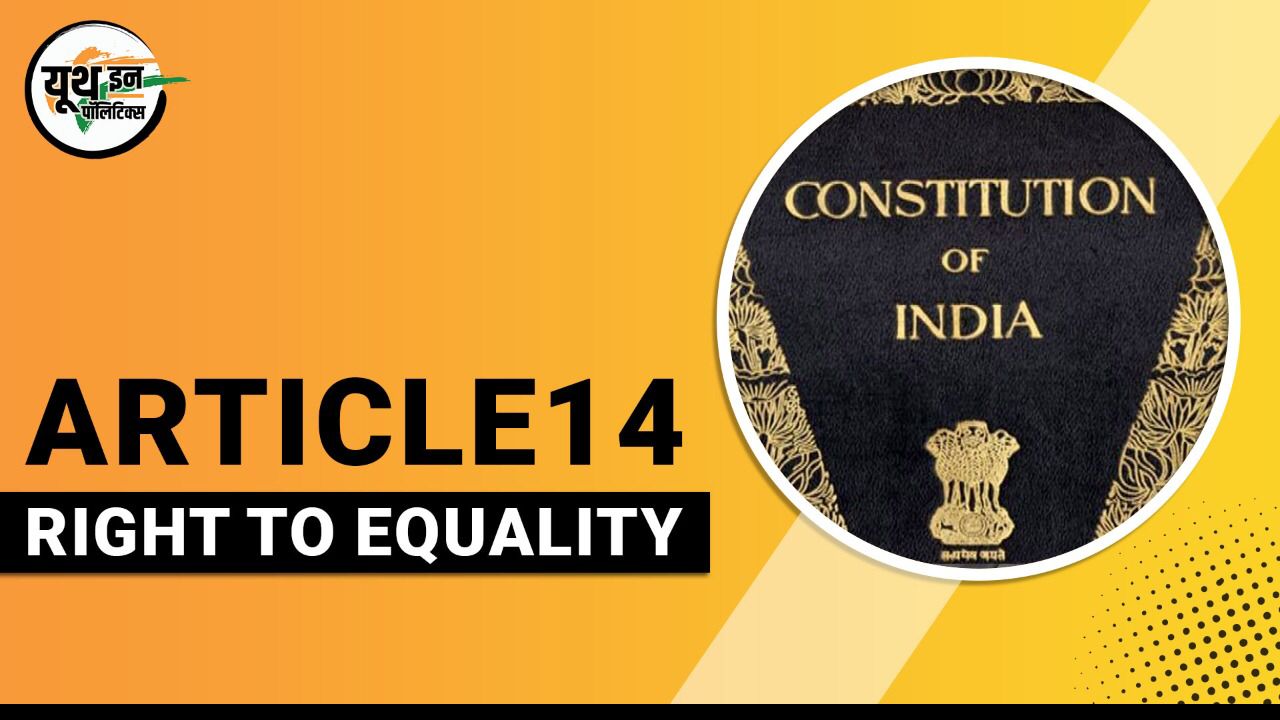
Writer: Shruti Bakshi
The State shall not deny to any person equality before the law or the equal protection of the laws within the territory of India.
75 years of independence and our country has still not able to gain actual independence, discrimination is still being witnessed on basis like religion, race, sex, caste, place of origin, etc. In general sense, every citizen of India is capable of understanding Article 14 of the Indian Constitution that is “Right to Equality” The one who created constitution also had a vision that there must not be a class that has got all the privileges and a class that has got all the burdens to carry. Even now there are some places where people are not treated equally and are discriminated on different basis like a girl who is not able to complete her education, lower caste man being shown inferior to upper caste people, husband ill-treating his wife and many more. By analysing the scenario of India our constitution makers added Article 14 in the Indian constitution as a fundamental right to citizens as well those who are a citizen of our country.
Article 14 define no one is above the law; all are equal in eyes of law. Equality before law means a state shall not deny to any person equality before the law. This means that every person, who lives within territory of India, has the equal right before the law
Our country is the largest democratic country in the world and thus our state is there to put reasonable restriction. The fundamental tenet of liberalism is that all citizens should be treated equally, and Article 14 guarantees this for all of our residents. Any person’s freedom is inversely proportional to the level of equality they have in society. Legal equality is the idea that everyone should be treated equally, regardless of their status—rich or poor, male or female, upper caste or lower caste. To dig deep into the article we mean from the prime minister down to a constable, is under the same responsibility for every act done without any legal justification as any other citizen. The equal protection of law guaranteed by article 14 doesn’t mean that all laws must be general in character. Article 14 permits classification but prohibits class legislation, it doesn’t mean that the same laws should apply to all persons or every law must have universal application for, all. People are not in the same position by nature, achievement, or circumstance
As Dr. Jennings rightly quoted “equality before the law means that among equals the law should be equal and should be equally administered, that like should be treated alike. The right to sue and be sued to prosecute and prosecuted for the same kind of action should be same for all citizens of full age and understanding without distinctions of race, religion, wealth, social status or political influence.” Right to equality is a one of the most important part of our Indian constitution that strengthens all those who belong to our nationality.

Leave a Reply